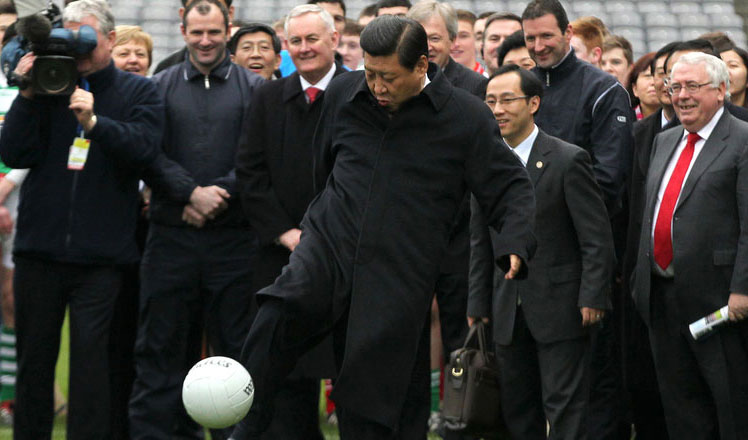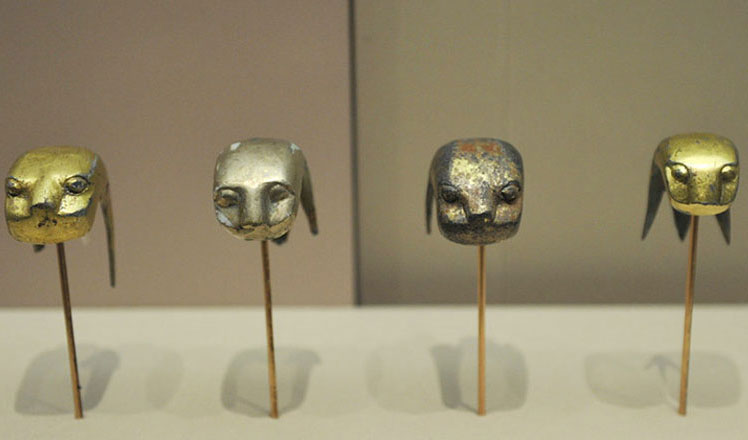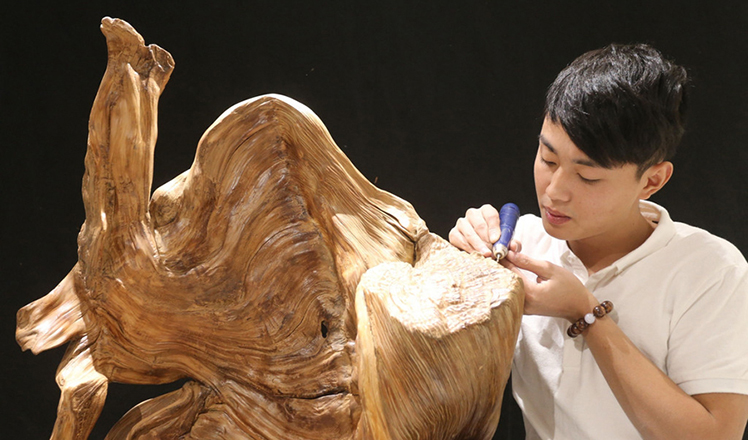Casting of Disney's Mulan closely watched
Updated: 2016-10-11 11:26
By Matthew Turner in New York(China Daily USA)
|
||||||||
Disney plans to revisit the story of Mulan, this time as a live-action film as it looks to balance competing expectations of Chinese and American audiences.
Disney announced plans last week to release a live version of Mulan in fall 2018, and it will begin looking for actors.
The 1998 Mulan, an animated musical, was an international hit - except in China, where it underperformed at the box office and was criticized for its character portrayals.
Mulan is the story of Hua Mulan, a young woman who lived during the Southern and Northern Dynasties (420-589) in China.
During an invasion, one male from every household is drafted into the army. The then-teenage Hua Mulan takes her elderly father's place to fight in the army by disguising herself as a man. After demonstrating martial skill and valor for 12 years, she is recognized and rewarded.
Some experts believe Disney will have to balance between appealing to American tastes while making sure that the movie isn't "whitewashed", as Nancy Yuen, professor of media studies at Biola University in Los Angeles, described it.
"I think that, given the current climate of whitewashing (Aloha, Dr. Strange, Ghost in the Shell) and white-savior-centered Asian films (The Great Wall, Birth of the Dragon), casting Asian-American actors in Mulan is an absolute need," Yuen said.
 |
|
A poster for the animated version of Mulan. Disney has announced it will produce a live action version of the story. Provided to China Daily |
But she cautioned that "if the only representations of Asians are set in Asia, they contribute to a perpetual foreigner stereotype that plagues Asian Americans".
Long Bui, professor of American studies at Wesleyan University in Connecticut, elaborated: "Having an Asian face is not good enough, as we saw with Memoirs of a Geisha, casting Chinese actresses for Japanese characters."
"When the animated Mulan played in China, there were a number of critiques, including one that she looked Vietnamese," according to Stanley Rosen, a political science professor at the University of Southern California.
And "when the Mulan cartoon was shown in China, some Chinese complained Mulan acted too American, with Western expressions", Bui said.
"I assume that the audience in China will not be happy about an Asian-American actress" in the role of the new Mulan, added Rosen, "since it will not likely be someone well known to them".
The difficulty of adapting an animated movie to live action also could pose technical challenges.
According to Aynne Kokas, a professor of media studies at the University of Virginia, "live action is much more difficult to adapt to multiple audiences because of issues related to language. Audiences are more tolerant of dubbed animation than they are of dubbed films," she said.
"American audiences tend to be resistant to watching subtitled films, and I can also see resistance to an English-language retelling of a Chinese narrative like Mulan in the PRC."
But the movie "is clearly part of Disney's multi-platform strategy to expand into the Chinese market".
According to Mike Le of Racebending.com, an entertainment equality website, "actors of Asian descent can help broaden the international appeal of Hollywood films. Studies have also demonstrated superior domestic box office performance when minority actors are allowed to lead movies. So it's a win-win.
"The reimagining as a live action film will need to be handled with care," Le said. "I'm hopeful that Disney will do a good job."
matthewturner@chinadailyusa.com

 Take a glimpse into soccer-related gifts of Xi
Take a glimpse into soccer-related gifts of Xi
 Precious relics of debauched king on display in Jiangxi
Precious relics of debauched king on display in Jiangxi
 In pics: Britain's Kate visits the Netherlands
In pics: Britain's Kate visits the Netherlands
 Qizai, rare brown giant panda in China
Qizai, rare brown giant panda in China
 Everything you always want to know about Macao
Everything you always want to know about Macao
 World's top 10 most valuable unicorn companies
World's top 10 most valuable unicorn companies
 Carver finds fame, money in wood sculptures
Carver finds fame, money in wood sculptures
 Missile destroyer to become local military-themed park
Missile destroyer to become local military-themed park
Most Viewed
Editor's Picks

|

|

|

|

|

|
Today's Top News
Trump outlines anti-terror plan, proposing extreme vetting for immigrants
Phelps puts spotlight on cupping
US launches airstrikes against IS targets in Libya's Sirte
Ministry slams US-Korean THAAD deployment
Two police officers shot at protest in Dallas
Abe's blame game reveals his policies failing to get results
Ending wildlife trafficking must be policy priority in Asia
Effects of supply-side reform take time to be seen
US Weekly

|

|







